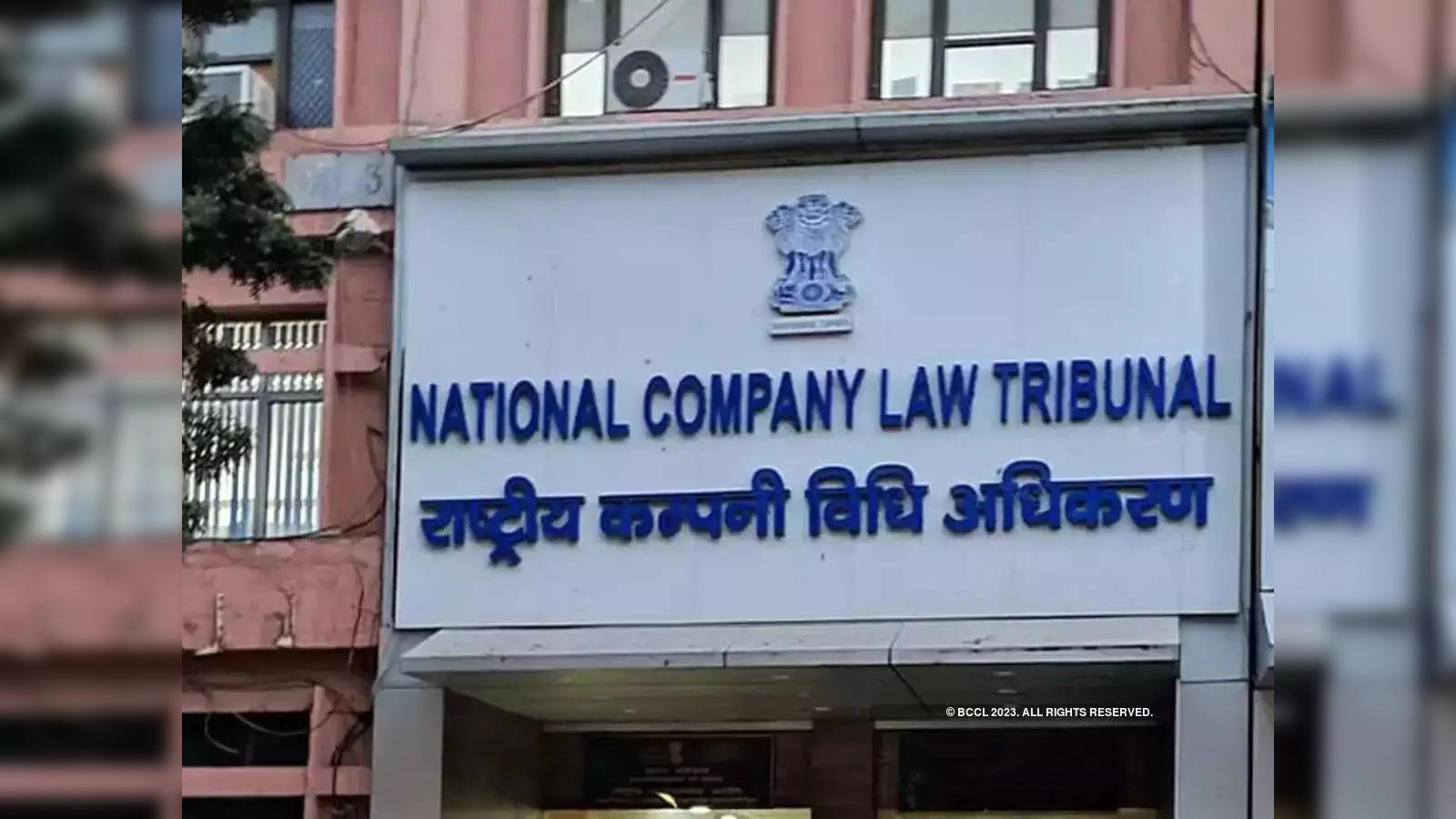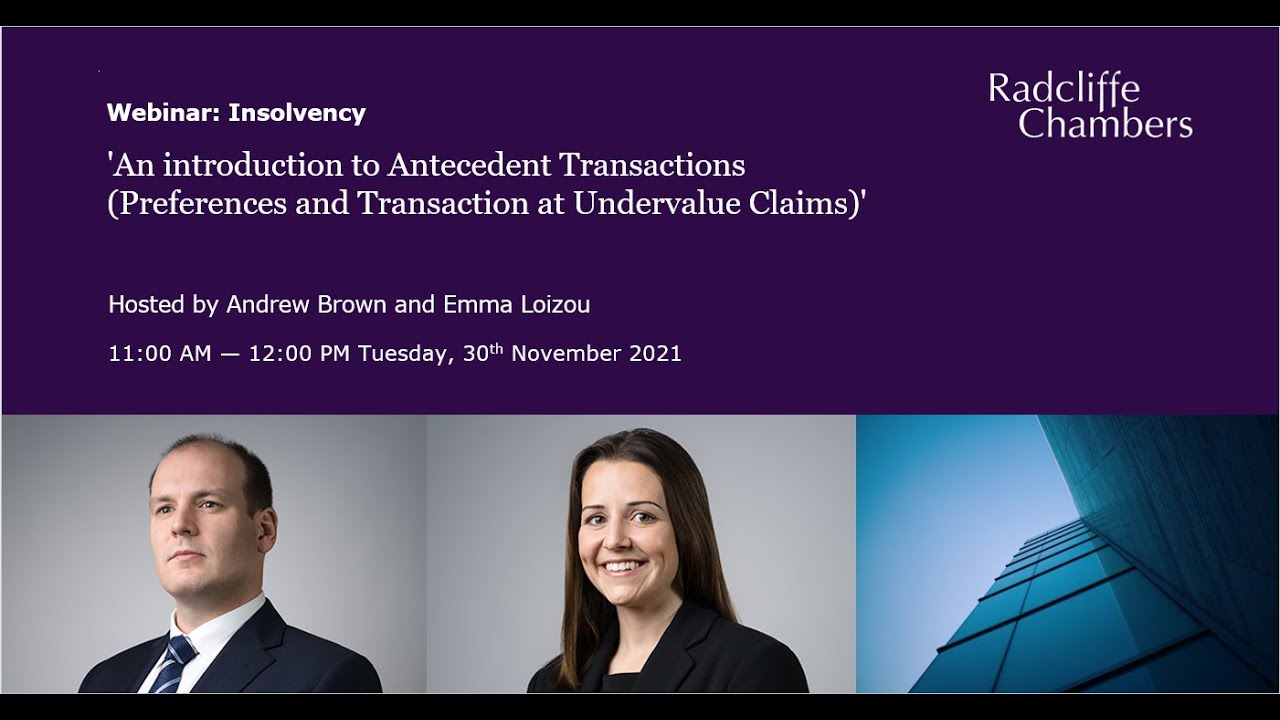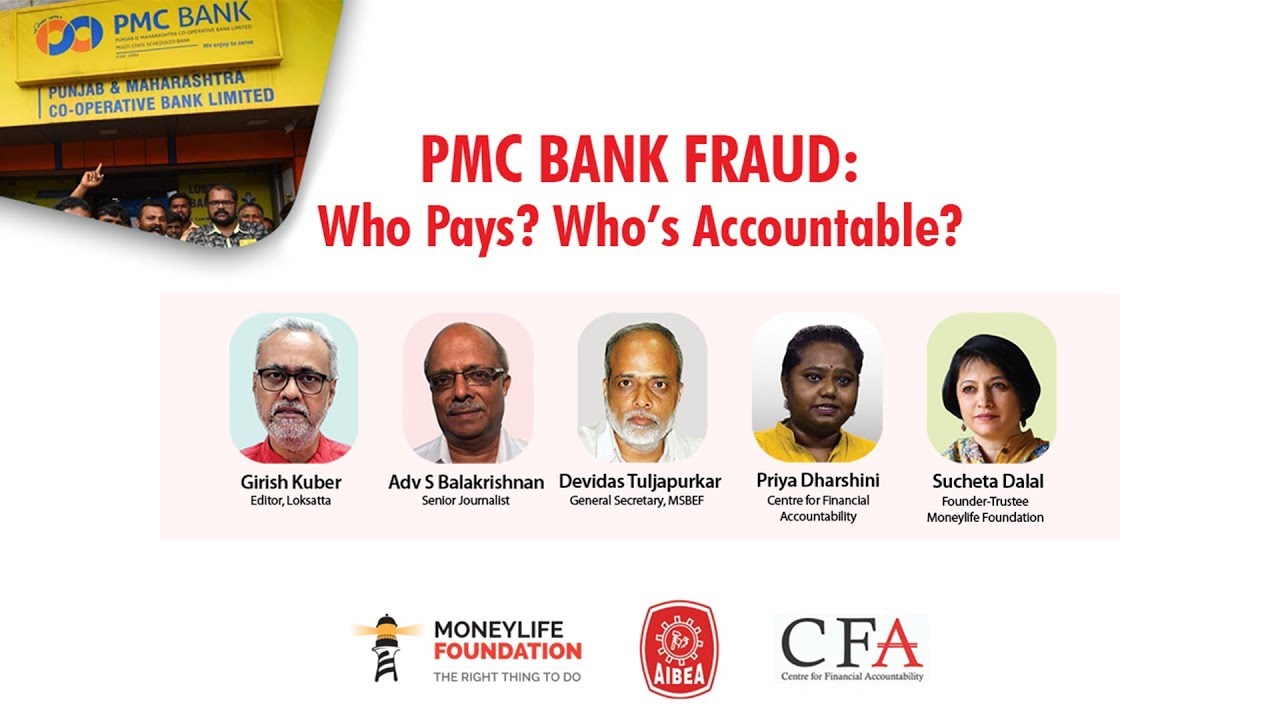
Wadhawan Challenges Insolvency Resolution: A Plea for Justice
In a significant move, Rakesh Wadhawan is bringing attention back to the National Company Law Tribunal (NCLT) on Tuesday, aiming to address serious concerns regarding the Insolvency Resolution Process he’s currently embroiled in.
Wadhawan’s petition highlights allegations of undervaluation of his company, Housing Development and Infrastructure Ltd (HDIL). He claims that the company’s worth exceeds ₹6,500 crore, despite an approved resolution plan indicating a valuation of less than ₹600 crore. This drastic divergence raises pressing questions about the accuracy and fairness of the insolvency proceedings.
 An overview of company valuations in insolvency cases
An overview of company valuations in insolvency cases
Moreover, Wadhawan has accused the appointed representatives involved in the resolution process of conspiracy and foul play, calling for an in-depth review of the actions taken by the Resolution Professional. His allegations suggest a deeper entanglement of interests that could undermine the integrity of the proceedings. This situation is compounded by Wadhawan’s troubled past, marked by his arrest in 2019 related to the PMC Bank scam, from which he has emerged on bail only recently in April 2024.
The Stakes at NCLT
As the NCLT prepares to hear Wadhawan’s argument, the implications of this case could resonate far beyond Wadhawan himself. The tribunal is a crucial player in determining the fate of many companies navigating the murky waters of insolvency, and its decisions carry weighty consequences across industries. The court’s ruling could set a precedent for how undervaluations are handled in future insolvency cases.
 An image capturing the NCLT’s crucial hearings
An image capturing the NCLT’s crucial hearings
Wadhawan’s discontent stems from a belief that the approval process has been compromised. The stark contrast between what he perceives to be the actual value of his company and the valuation set forth by the resolution plan points to potential lapses in governance and oversight. Wadhawan’s plea isn’t just a personal battle; it questions the credibility of the insolvency process itself and opens up discussions on regulatory reforms.
A Look Back: The PMC Bank Scam
The backdrop of Wadhawan’s current legal troubles is steeped in controversy, notably his involvement in the PMC Bank scam. This case has captivated public attention, revealing systemic failures that have led to massive losses for depositors and investors alike. With the shadow of this scandal hanging over him, Wadhawan’s efforts to contest the valuation may also reflect his attempts to salvage not only his reputation but also the future of HDIL.
“The resolution process has to reflect the true worth of the business, and if there is foul play, it must be addressed,” Wadhawan stated in his petition.
 Illustration of financial complexities in corporate distress
Illustration of financial complexities in corporate distress
Conclusion: The Road Ahead
As the NCLT gears up to deliberate on Wadhawan’s review petition, all eyes will be on the judgment delivered. The outcome will provide critical insights into the NCLT’s stance on undervaluation claims and its willingness to uphold the principles of accuracy and fairness in corporate insolvencies.
This case serves as a reminder of the significant challenges faced by businesses during financial distress. It underscores the importance of transparent processes which are vital to restoring faith among stakeholders. With tensions high and stakes even higher, Wadhawan’s story is set to unfold further in what promises to be an engaging hearing.
In the world of corporate governance and financial integrity, Wadhawan’s plea not only illuminates personal struggles but also beckons a broader examination of the systems designed to protect companies in distress. Only time will tell how the NCLT responds to these allegations of undervaluation and mismanagement, shaping the future landscape of corporate insolvency in India.











